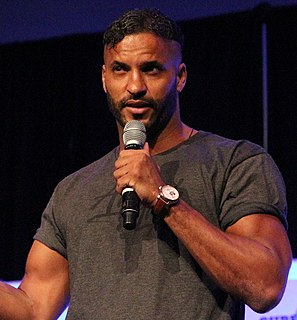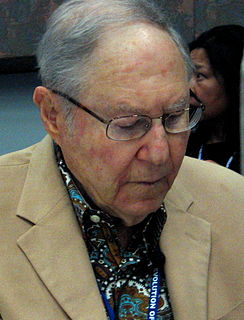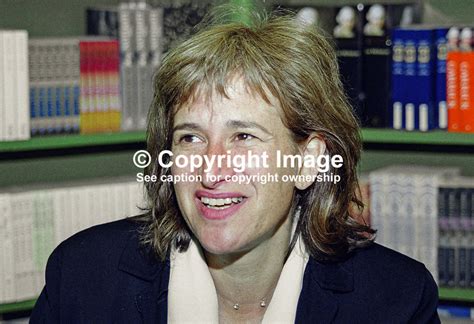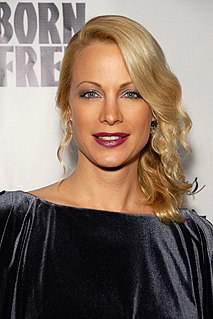A Quote by Nita Strauss
So, to see the response to the Kickstarter, and to see people actually really want to see, hear what I'm doing, hear what comes out of my own mind, is really an incredible experience.
Quote Topics
Related Quotes
I think when you hear good music or the experience you have to the music which makes you remember it, it's so priceless. Really, it's the same thing for us when we make it, to actually see the idea come together to be something that's special and then to see people kinda degrade it, it is a little discouraging.
At Pinetop I just studied music, and there was no pressure to look any certain way, and so being able to sing and play guitar was enough. But when I came out to L.A., there's a whole image that you put out there and people really feed off of that because of social media platforms. And sometimes someone will see a picture of me before they hear one of my songs. It's really important to have it all figured out so that you can portray what you want people to see.
I'd like to be that chameleon. That's really ultimately what I want to hear from people eventually: 'I really love when I see him in stuff, but I never know he's gonna be here.' I want to be that actor that surprises you when you see him in a project, and you go, 'Yes! I love that guy. He's in this? Awesome.'
Beauty is undefinable in language. It's something that you see when you see it, or you feel when you feel it, or you hear when you hear it. It usually encompasses all five of the senses. It can't exist without it being a somehow sensorial experience. But, I don't think it's quantifiable. Nothing is really quantifiable. Nothing is certain in love and friendship. We all try to understand these things.
If there's a God, I want to see Him. It's pointless to believe in something without proof, and Krishna consciousness and meditation are methods where you can actually obtain God perception. In that way you can see, hear and play with God. Perhaps this may sound weird, but God is really there next to you.
Really there's different scales of stories. Sometimes you want to tell one that 20, 30, 40, 50 million people will want to see and hear. Sometimes you do one that you know 150 will want to see on one night. As long as you're telling the right story for the right audience and they're getting something out of it it's essentially the same feeling to me.



































